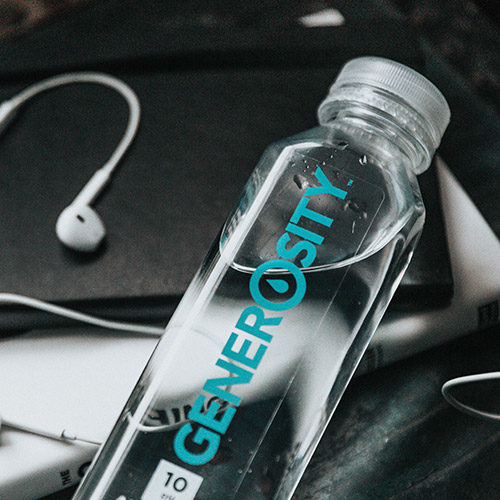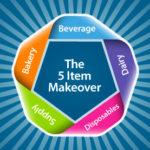The hotel industry weathered a turbulent economy in recent years and continues to evolve in order to satisfy guests and start generating more revenue. Hotel operators are becoming more creative when it comes to understanding their guests’ preferences. Translating those preferences into the right products and services demands a review of the operation’s procurement process.
All department heads should be tasked to think strategically. Source1 Purchasing is dedicated to helping your operation streamline the hotel procurement process so you can present a unique and memorable experience that is aligned with guest expectations. When guests are delighted, they return and recommend.
One challenge operators are facing is providing the right kind of food and beverage experience for the guests’ expectations in an environment of changing preferences. Large hotel chains are known to be pioneers in innovation and recognized a shift in how guests wanted to be served and what specific types of food they expected to find on the menus.
Marriott is a good example of a chain that is moving away from what was the typical restaurant in a hotel concept. Marriott has essentially rebranded to reflect current trends of guest expectations. Fast-casual dining has been a growing trend in 2013. Marriott was one of the first hotel brands to implement changes, including its market concept where guests could buy hot and cold drinks, fresh salads, sandwiches and snacks around the clock.
According to an article on the USA Today website, coffee shops and casual eateries have allowed busy, health conscious travelers to customize their options. In order to capture some of this business, hotels have been changing the type of food they serve and where they serve it.
“People don’t want to ask to be seated and be given menus,” Brad Nelson, corporate chef at Marriott International, tells USA Today. “They want to sit down, maybe meet for an hour and then order. They want flexibility. We can thank Starbucks for that.”
As the hotel industry moves toward 2014, you will continue to have new opportunities to make guests comfortable based on today’s needs and tastes.
Pricing also continues to be a major challenge. More hotels are opening marketplaces similar to Marriott’s concept with ready-made sandwiches, salads and other foods that are easy to pick up and at a lower cost than a sit-down meal. A customized hotel procurement process allows you to follow Marriott’s example but make it uniquely yours.
The USA Today article notes that aside from rooms, food and beverage revenues represent the second-largest source of revenue for full-service hotels, according to industry tracker PKF Hospitality Research. Food and beverage departments need attention because they have been struggling to rise above pre-recession levels. New innovations can help boost revenues.
Revenue management is the third challenge operators are facing. Smith Travel Research (STR) was the pioneer of lodging analytics. This helped operators optimize their property and place it in a competitive group. By sharing information about average daily rates, it gave operators a baseline to negotiate from and they then built models based on timing and availability. It became a tremendous tool that operators used to improve their operations.
Now you can get real-time feedback on your property with additional tools such as TripAdvisor and other social media outlets. As you develop your own strategic plan, use the support of food and beverage in addition to the rest of your hotel operation to present a quality experience for your guests and meet their expectations. This will elevate you above your competition. Because guests are looking for a complete experience at a hotel, you have to make sure every department delivers.
For food and beverage, that means you have to ensure that the brands and quality of the products you select within your procurement process all deliver on your promise. Guests are looking for new and exciting food. They’re also increasingly concerned about where the food and beverages came from. This can mean providing information about the source and whether it’s organic, free-range or gluten-free.
When all the pieces of your operation work together, from food and beverage to the quality of the pillow and friendliness of your staff, you can generate higher quality scores that help you stand out from your competition.











